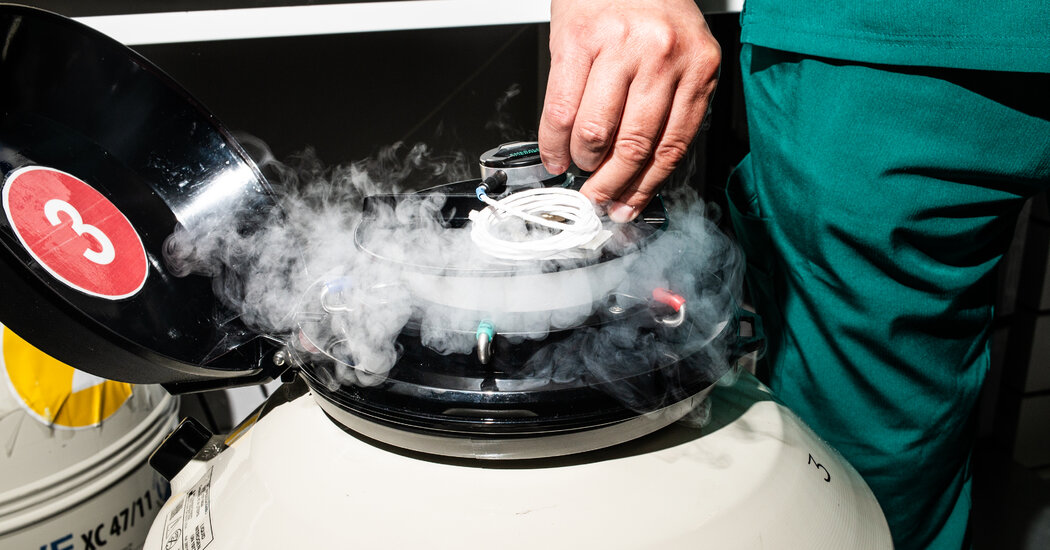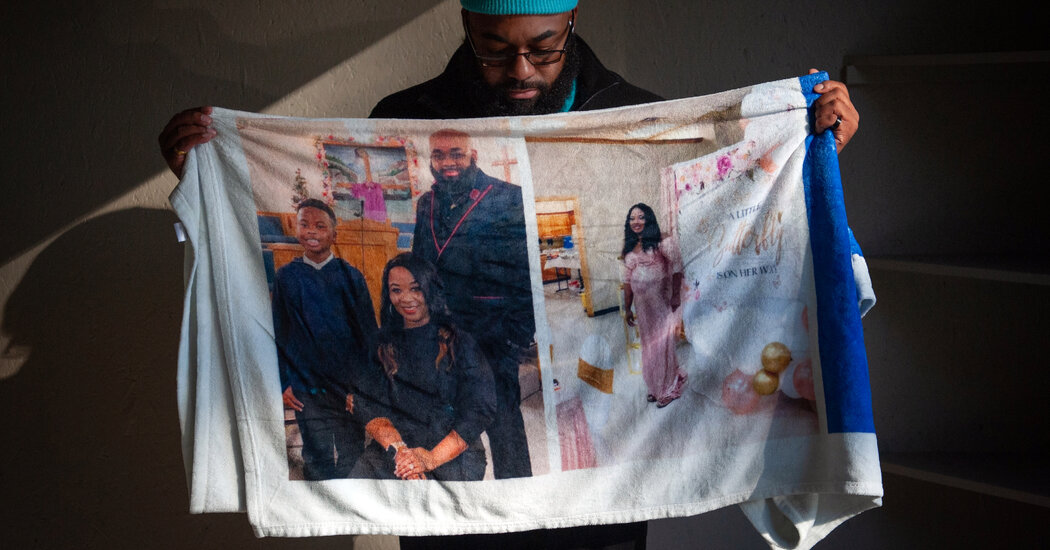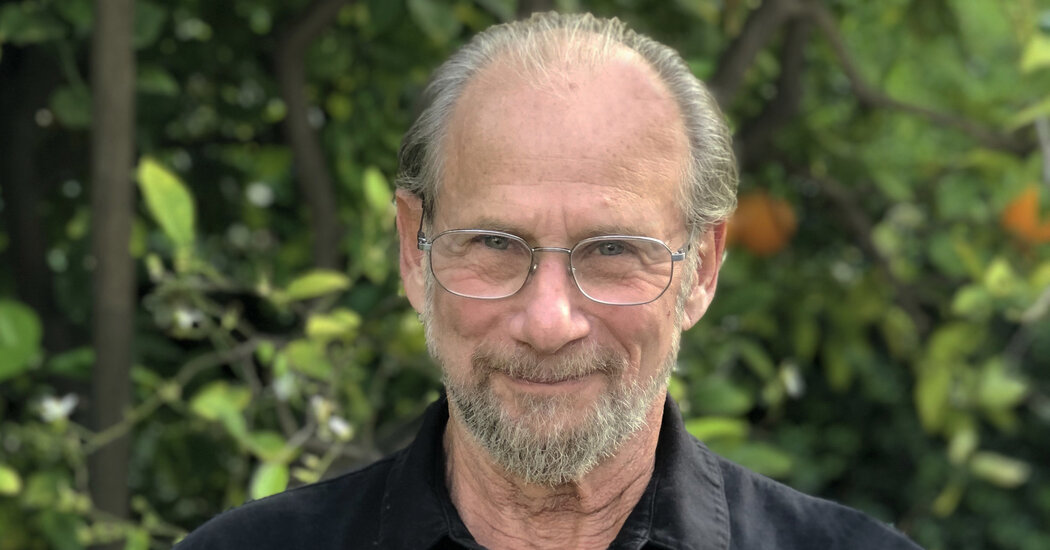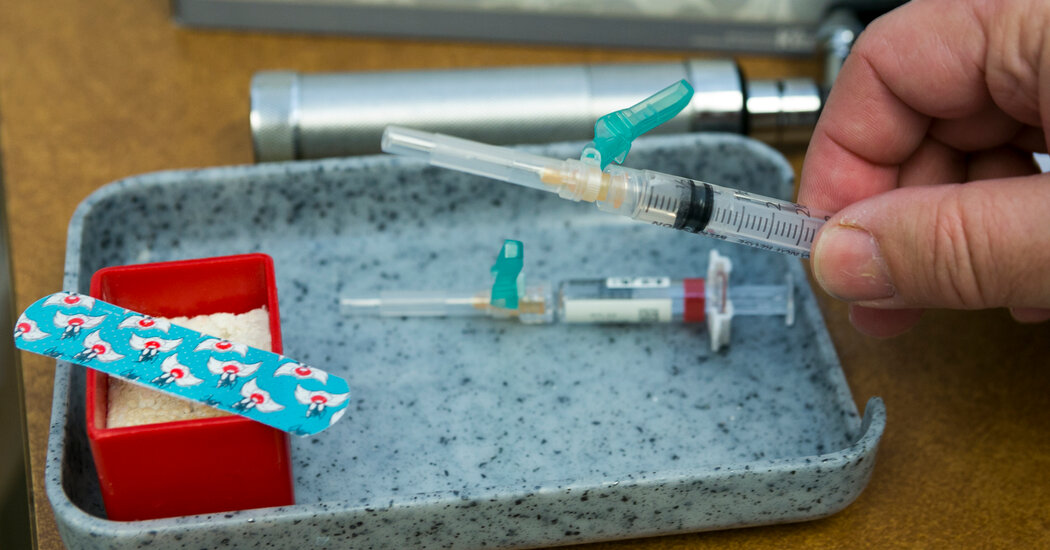Three MDMA Studies Are Retracted by Scientific Journal
The journal Psychopharmacology has retracted three papers about MDMA-assisted therapy based on what the publication said was unethical conduct at one of the study sites where the research took place.Several of the papers’ authors are affiliated with Lykos Therapeutics, the drug company whose application for MDMA-assisted therapy to treat post-traumatic stress disorder was rejected last week by the Food and Drug Administration. The company said the research in the retracted papers was not part of its application to the F.D.A. In declining to approve Lykos’s application, the agency cited concerns about missing data and problems with the way the company’s study was designed, according to a statement released by Lykos on Friday.The F.D.A. has asked Lykos to conduct an additional clinical trial of its MDMA-assisted therapy, which would have been the first psychedelic medicine to win approval by federal regulators. Lykos has said it would appeal the decision.The journal retraction was first reported by Stat, the health and medical news website.On Sunday, Lykos said that it disagreed with Psychopharmacology’s decision and that it would file an official complaint with the Committee on Publication Ethics, a nonprofit that sets guidelines for academic publications.“The articles remain scientifically sound and present important contributions to the study of potential treatments for PTSD,” the company said in the statement.The incident cited by Psychopharmacology has been well documented. In 2015, an unlicensed Canadian therapist who took part in the trial engaged in a sexual relationship with a participant after the conclusion of the trial’s dosing sessionsIn civil court documents, the patient, Meaghan Buisson, said she was sexually assaulted by the therapist, Richard Yensen, who at the time was working alongside his wife, a licensed therapist. Mr. Yensen has said the relationship was consensual and initiated by Ms. Buisson. Six months after the final session, she moved from Vancouver to Cortes Island, in British Columbia, where the couple lived, according to court documents. The relationship between patient and practitioner continued for more than a year, the documents said. Professional associations in both Canada and the United States prohibit sexual relationships between psychologists and patients for at least two years after their final session. The incident helped highlight some of the challenges associated with psychedelic medicine, which can render patients especially vulnerable during dosing sessions. For that reason, most clinical trials involving psychedelic compounds require the presence of two mental health professionals. (Lykos’s trials with MDMA require only one of the practitioners to be licensed.)The Multidisciplinary Association for Psychedelic Studies, or MAPS, is the nonprofit that carried out the research and later created Lykos to market its proprietary MDMA-assisted therapy. The association publicly acknowledged the incident in 2019, adding that it had been reported to the F.D.A. and to Canadian health authorities.The company acknowledged on Sunday that it had failed to notify Psychopharmacology about the violations, but it said that the oversight should have been addressed through a correction, not a retraction.
Read more →








